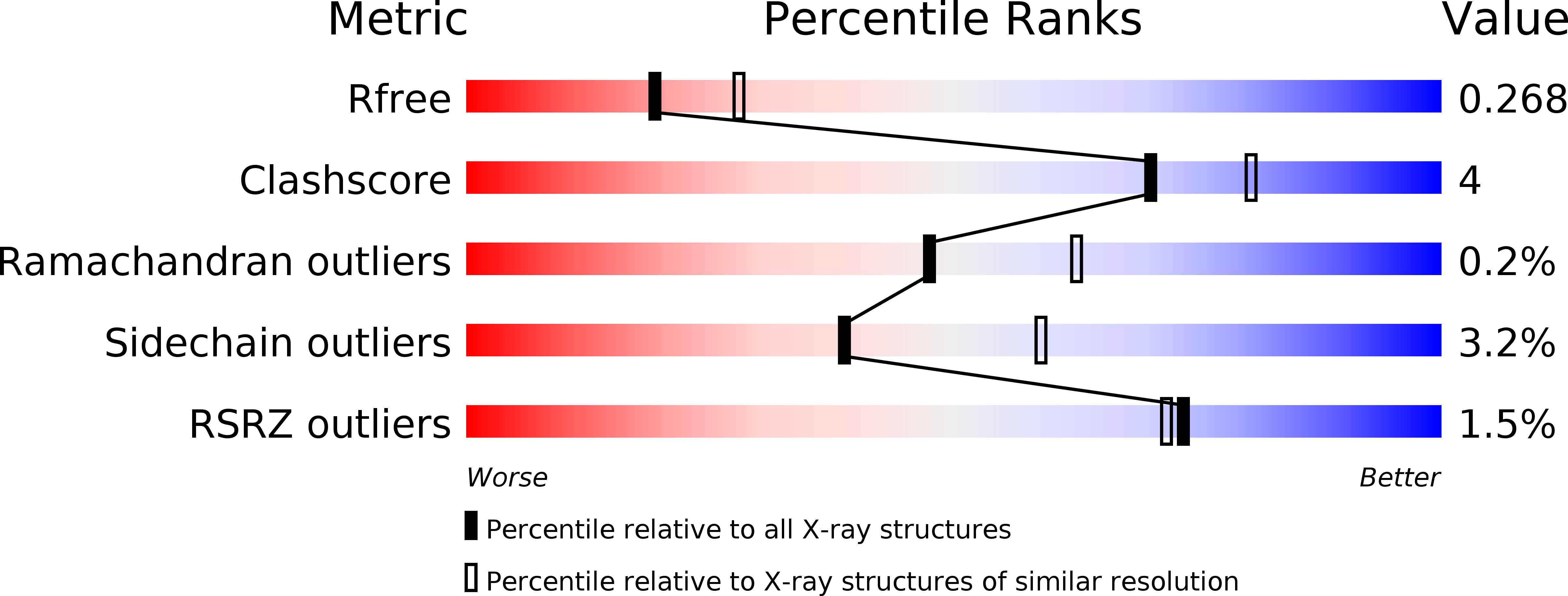
Deposition Date
2017-03-26
Release Date
2017-04-05
Last Version Date
2024-11-06
Entry Detail
PDB ID:
5VAH
Keywords:
Title:
Crystal structure of ATXR5 SET domain in complex with histone H3 di-methylated on R26
Biological Source:
Source Organism(s):
Ricinus communis (Taxon ID: 3988)
Arabidopsis thaliana (Taxon ID: 3702)
Arabidopsis thaliana (Taxon ID: 3702)
Expression System(s):
Method Details:
Experimental Method:
Resolution:
2.40 Å
R-Value Free:
0.28
R-Value Work:
0.22
R-Value Observed:
0.23
Space Group:
C 1 2 1


